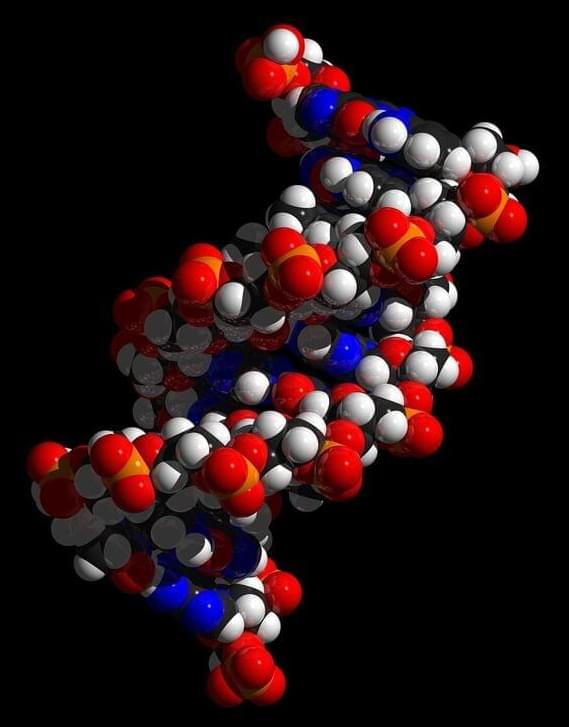A simple statistical test shows that contrary to current practice, the “gaps” within DNA protein and sequence alignments commonly used in evolutionary biology can provide important information about nucleotide and amino acid substitutions over time. The finding could be particularly relevant to those studying distantly related species. The work appears in Proceedings of the National Academy of Sciences.
Biologists studying evolution do so by looking at how DNA and protein sequences change over time. These changes can be sequence length changes—when specific nucleotides are deleted or added at certain positions—or substitutions, where one nucleotide type is exchanged for a different type at a given point.
“Think of the DNA sequence and its evolution as a sentence being copied by different people over time,” says Jeff Thorne, professor of biological sciences and statistics at NC State and a co-corresponding author of the research. “Over time, a letter in a word will change—that’s a substitution. Leaving out or adding letters or words correspond to deletions or insertions.”
